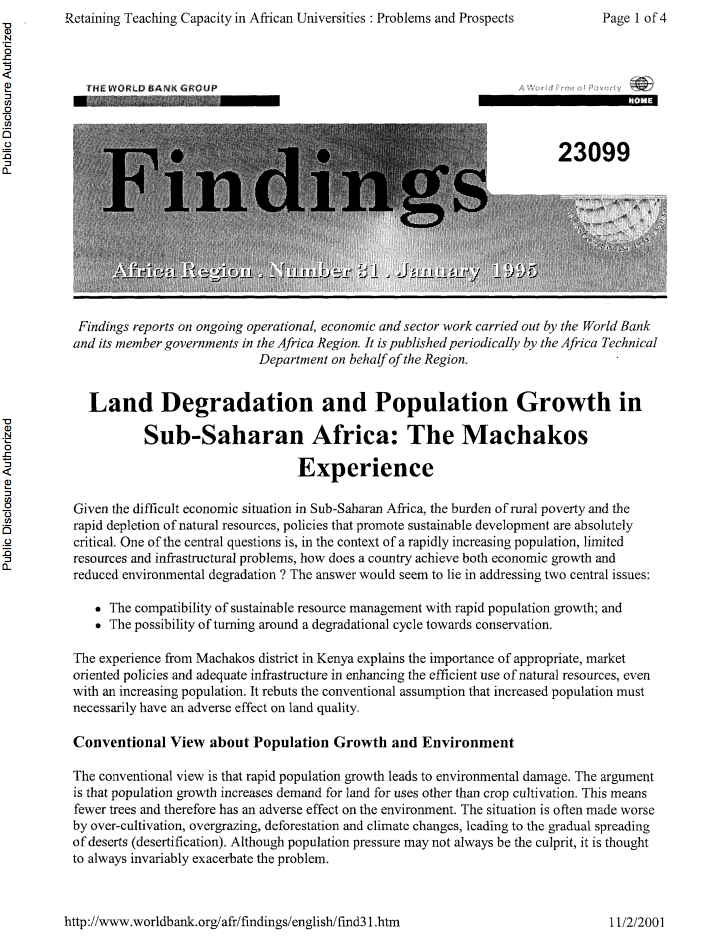Credit Alternatives in Rural Finance : Rinancial Leasing
Enterprises use credit to acquire
productivity-enhancing assets. Rural enterprises in
developing economies, however, often lack access to the
credit they need. Key reasons for this lack of access
include the low level and scattered nature of economic
activity in rural areas, the enterprises' lack of
collateral, inadequate capacity among the country's
lenders to lend in rural areas, and legal and policy


